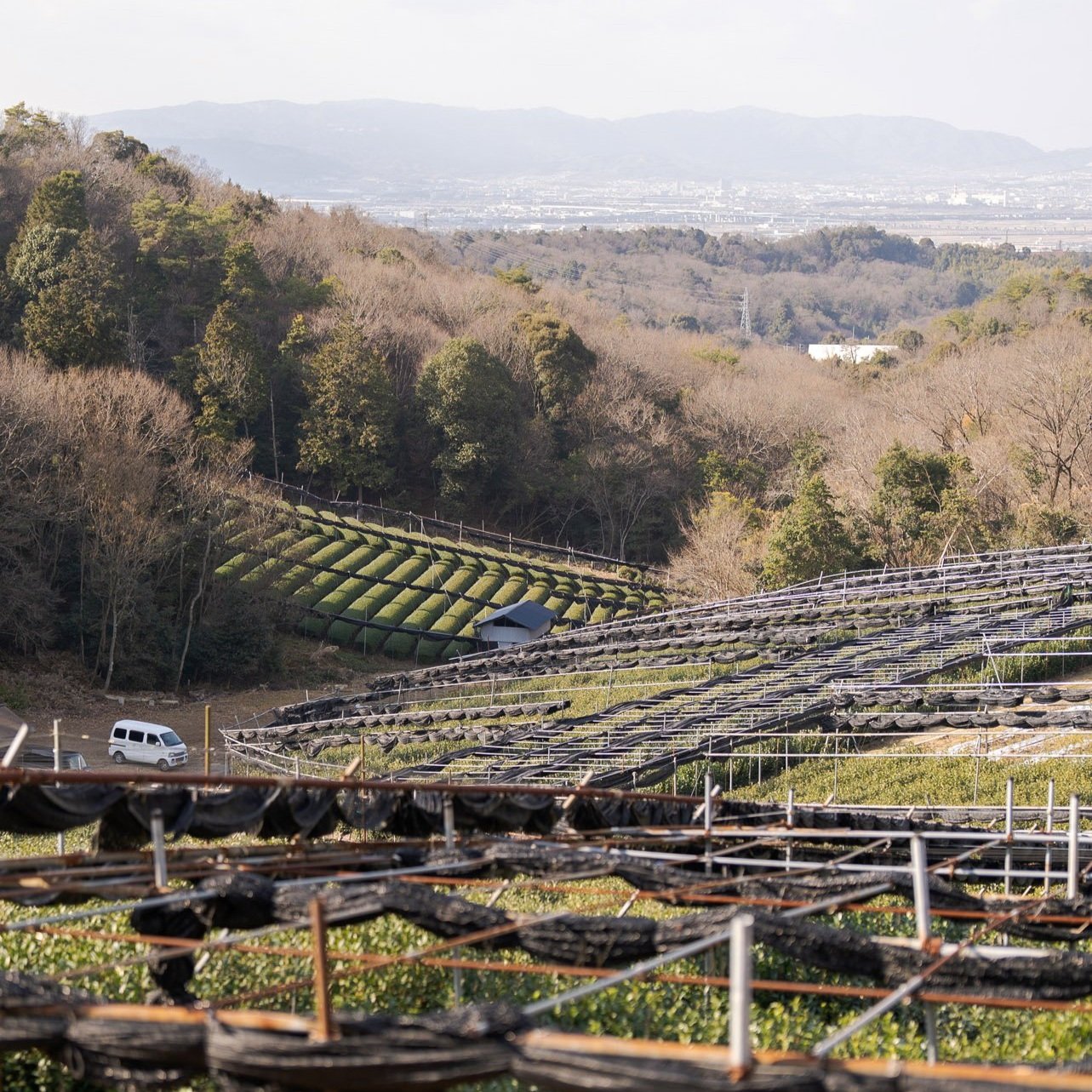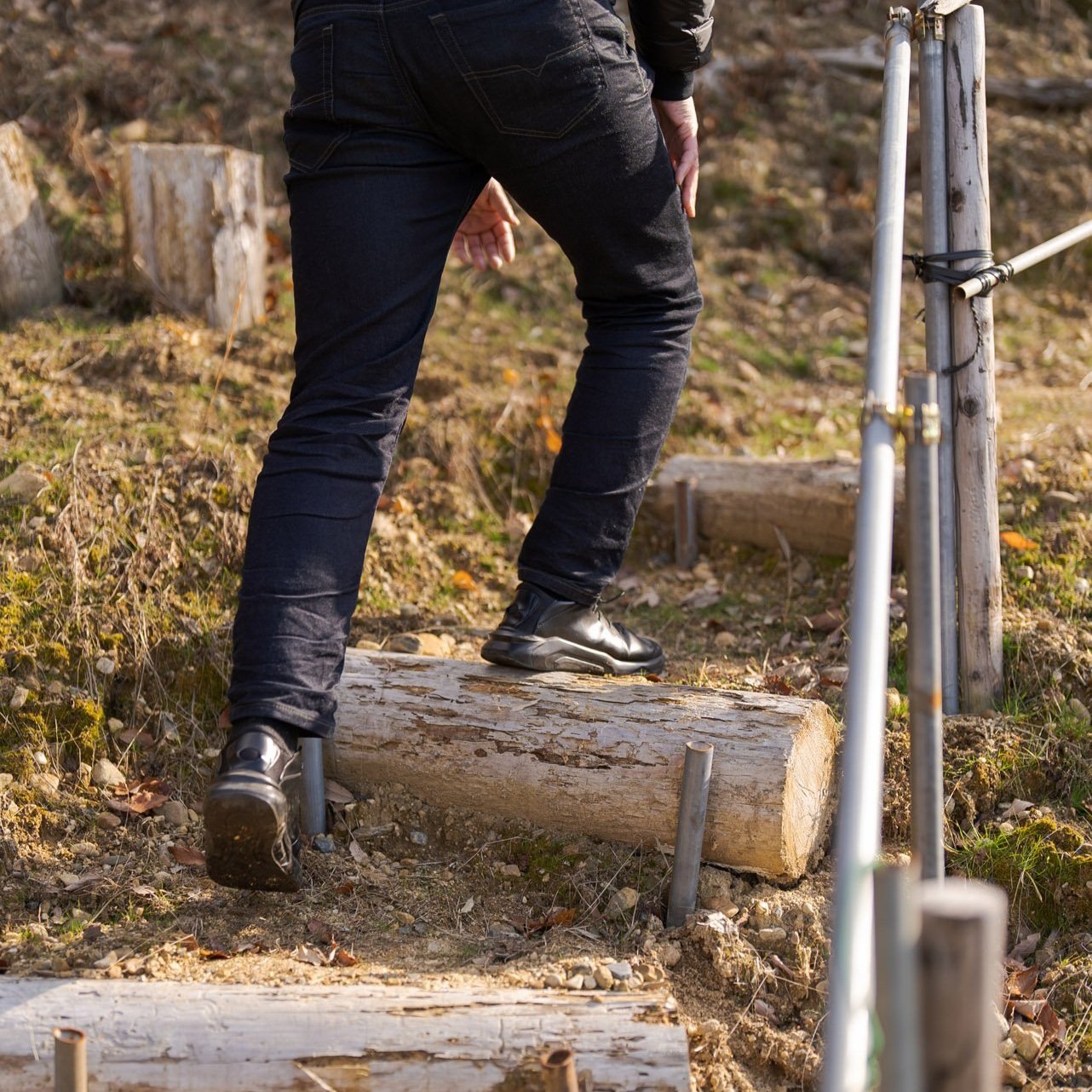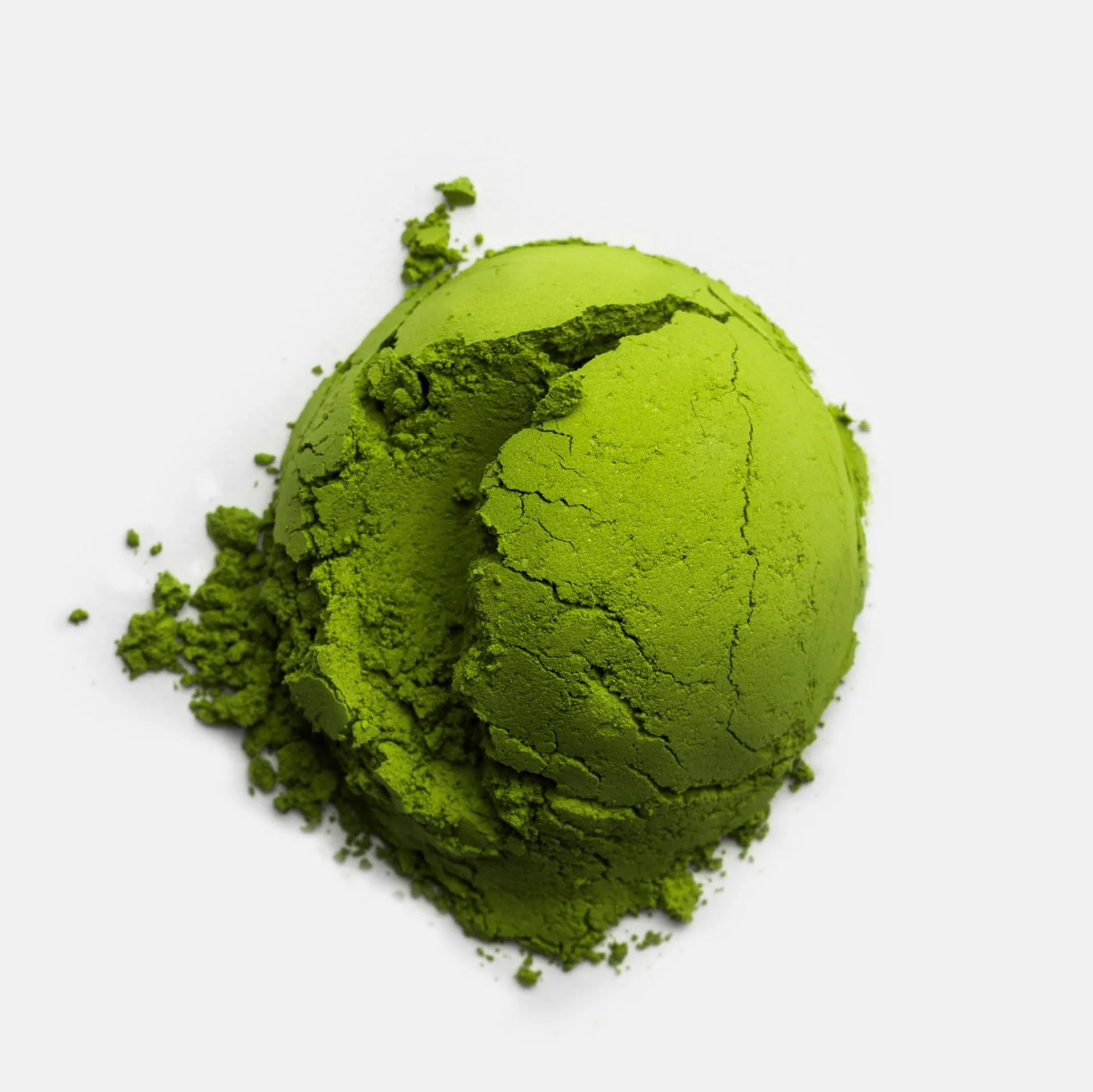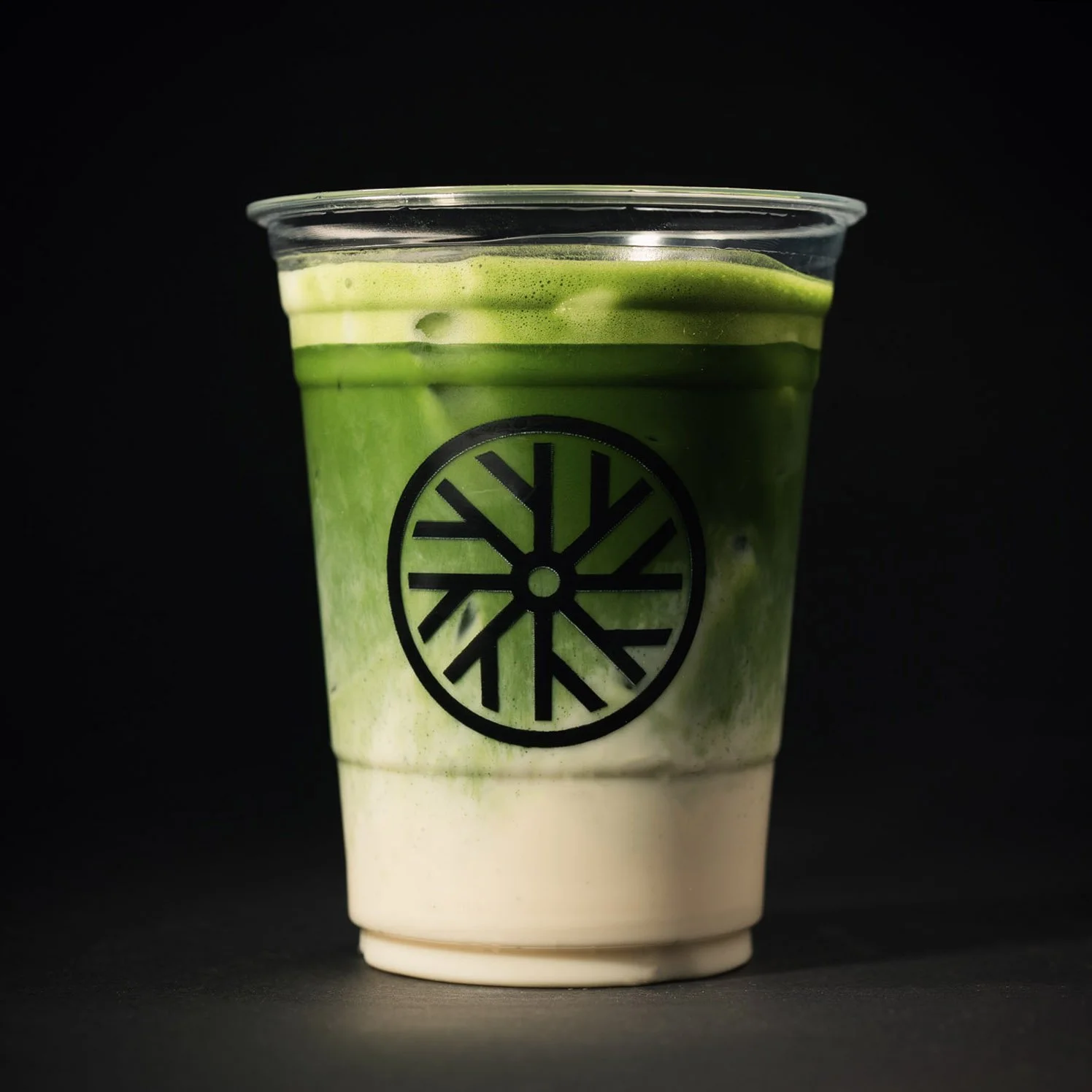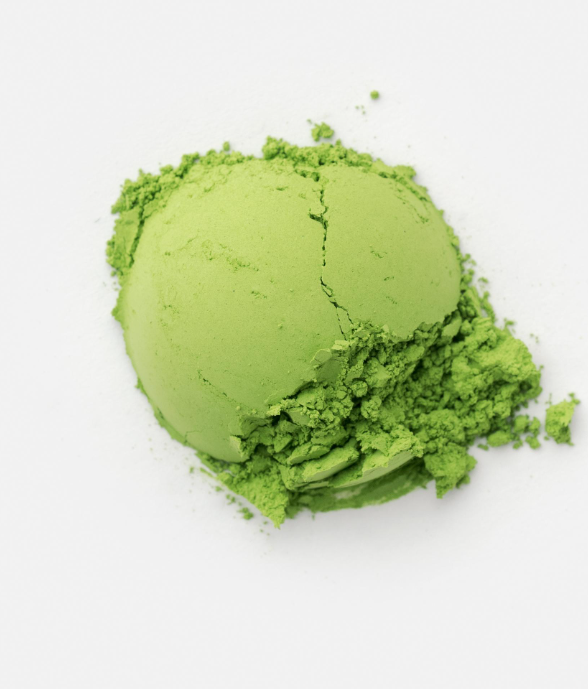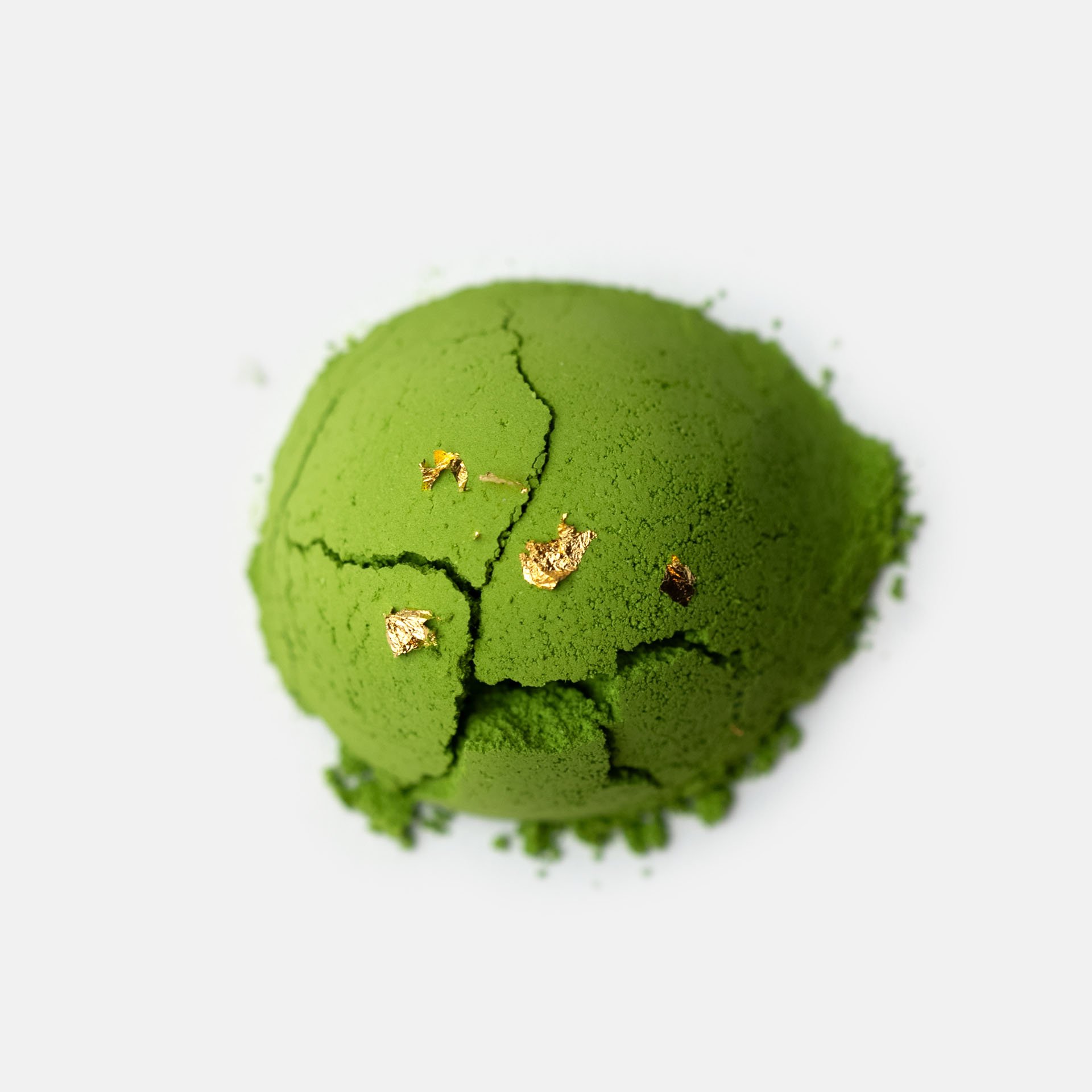About this Matcha
Tsujiさん is one of the highest-awarded Tencha producers in Japan, which translates into profoundly rich Matcha. In fact, his tea has been recognized as having the highest concentration of L-Theanine of any recorded in Japan this year. L-Theanine is the amino acid that is responsible for the savory, dashi-like quality of tea.
This Uji Hikari is 100% handpicked, with a significant shading period that heightens the savory taste, and lends a unique (and very rare) nori-like aroma known as Ooika. With such fine manufacturing, this Matcha has a balanced, wide body - with a shishito-like freshness and almost spice. No bitterness, and vibrant, exotic color. Of the many cultivars grown in Uji, the Uji-Hikari is seen less often in comparison to Samidori.
-
This Uji Hikari (うじひかり) is in many ways the pinnacle of tea from Uji. The cultivar’s name, its birthplace (in Kyoto), and its beautiful ocean wave-like appearance, all pay homage to the birthplace of Matcha. While much can be said about this cultivar, it is perhaps a better use of time to discuss Tsujiさん, the tea farmer who draws out the full potential from this cultivar.
It is not an exaggeration to say that Tsujiさん is the most highly awarded Tencha producer in Japan. His numerous awards include winning the Minister of Agriculture, Forestry, and Fisheries award for tencha on six occasions. He is also the only recipient of the Emperor of Japan’s 56th Prime Minister Award for Tencha.
All of these awards come from Tsuji’s expertise, dedication, and creativity in pushing the tea plants to their full potential. The level of detail is so minute that it includes Tsujiさん carefully measuring the distance between the two Kanreisha layers every year to determine the ideal distance for the best-tasting tea. This is but one minor example.
Ooika has been fortunate to important Tsuji’s Tencha to the United States, where we mill it fresh and treat it with a high degree of seriousness in regard to its storage and handling. Just like fine wine from the most prestigious farms, Tencha from Tsujiさん is highly limited.
-
To make a fresh and smooth bowl of Usucha or Koicha, follow our brewing instructions.
-
Long-term Storage: Store unopened Ooika Matcha in the refrigerator. Consume within 6 months.
Room-Temp Short-term Storage: Store opened Ooika Matcha in a cool, dark place away from sunlight. Consume within 3 months.
Refrigerator Short-term Storage: Opened Matcha can be stored in the refrigerator to help maintain freshness, however, the Matcha is at risk of condensation when cooler than ambient air. For this reason, if you choose to store an opened Matcha in the refrigerator, be sure to take the Matcha you need and then immediately place it back in the refrigerator to minimize exposure to the warm air.
Ochairinikki (御茶入日記)
Category Green tea (お茶) |
Subcategory OISHITACHA (おおいしたちゃ) |
Grade Indigo (Beyond Ceremonial) |
Terroir Shirakawa, Uji, Kyoto, Japan |
Vintage 2021 |
Cultivar Cultivar: Uji-Hikari (宇治ひかり) |
Harvest Method 100% handpicked (手摘み, Tezumi) |
Shading Style Kanreisha (寒冷紗) (Double-net cold gauze type, 95% light-blocked) |
Shading Duration 58 days |
Milling Ishi-Usu (石臼) Stone-Milled by Ooika |
Packaging Cold-stored, oxygen-free bag |
Use Usucha, Koicha |
Tsujiさん
Tsujiさん visits his tea farm twice a day, every day.
He checks the leaves through the garden, looking for the sheen.
Dull leaves indicate the plant needs more fertilizer.
“I only use fertilizer I can eat. Soba and herring.”
The Pinnacle of Uji
We hike up a path at the far end of Tsuji’s farm.
There’s a bench made of an old log we sit on and see the whole tea garden.
In the distance, the entire city of Kyoto is visible - even here in Uji, nearly an hour away by train.
Visiting Shirakawa, Uji
For Matcha, no Terroir in the world exceeds Uji. Despite having worldwide recognition, the actual quantity of tea from Uji is impossibly small, and shrinking every year as development continues.
And in fact, the total demand for Uji Matcha far exceeds the supply, by orders of magnitude. Most Matcha labeled as being from “Uji” is, confusingly, not. Thus the vast majority of “Uji” Matcha is not grown in Uji…
Here’s why: any tea that’s not grown in Uji village (such as nearby in Wazuka), but is refined or processed within Uji village may legally be called “Uji” tea.
A subtle distinction is made in Japan by saying “Cha No Uji (茶の宇治)” versus “Ujicha (宇治茶.)” Cha No Uji (茶の宇治) literally translates as “Tea from/of Uji”, versus just “Uji tea.”
Thus, experiencing true Cha No Uji (茶の宇治) Matcha from/of Uji is exceedingly rare.





